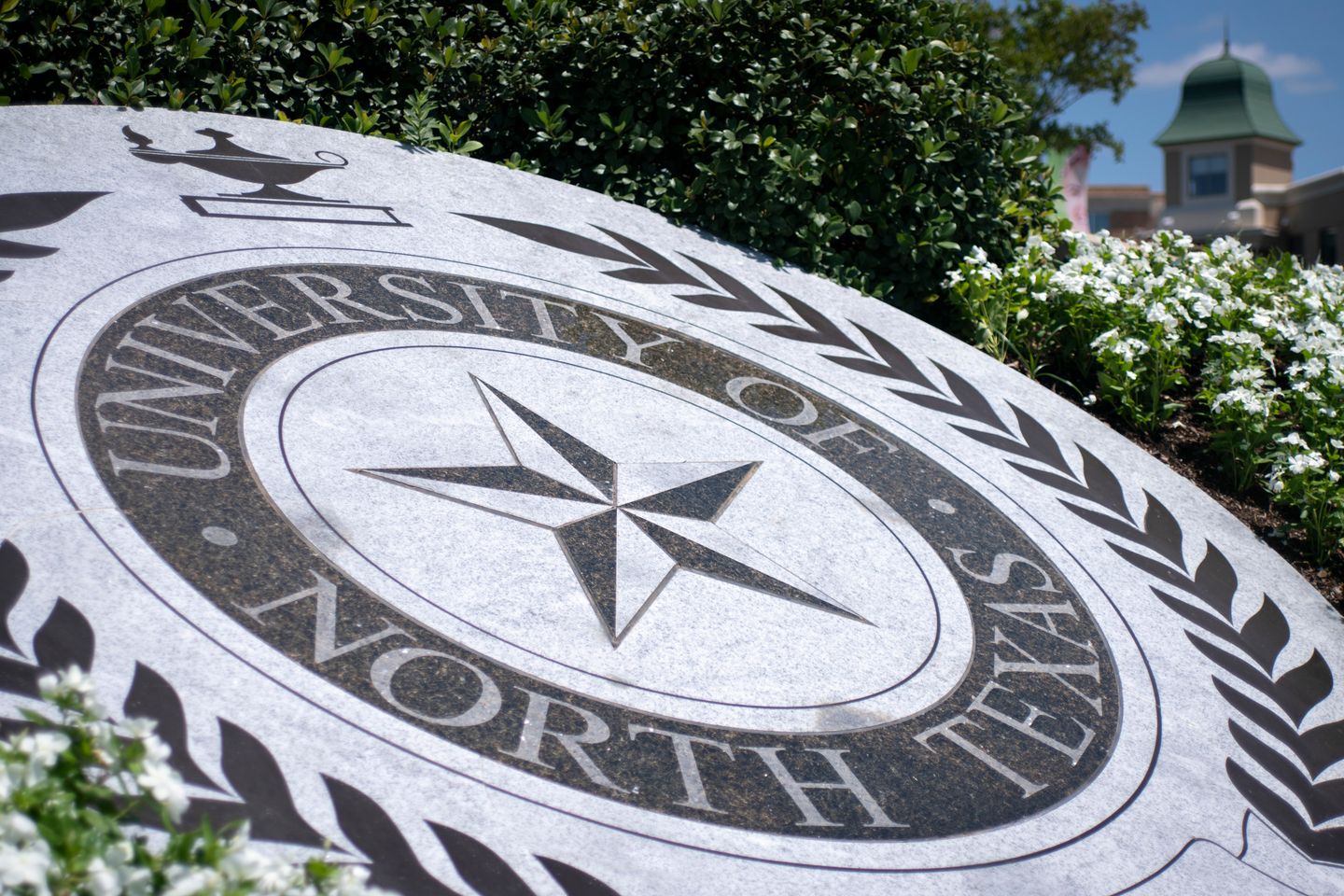
The University of North Texas will lift a pause on student drag shows after similar bans at other college campuses were overturned in federal court.
Alan Stucky, vice chancellor and general counsel for the UNT System, shared the news in a letter Wednesday to two free speech groups that sued to end the no-drag policies.
“The UNT System’s temporary pause on drag performances has ended,” he told the American Civil Liberties Union of Texas and Foundation for Individual Rights and Expression.
The decision followed an Aug. 18 ruling by the 5th U.S. Circuit Court of Appeals that drag shows can go on at West Texas A&M.
In a 2-1 decision, the court said that the school’s president, Walter Wendler, acted unconstitutionally when he canceled an annual student charity drag event in 2023 and 2024.
The ruling upheld constitutional protections for neutrality in reserving publicly funded spaces.
Attorneys from FIRE, a Philadelphia free speech group, represented the student LGBTQ group Spectrum WT in that lawsuit.
“From West Texas to North Texas and any direction you look, the message is clear: drag is protected expression, and the show must go on,” Amanda Nordstrom, FIRE’s strategic campaigns counsel, said in a statement Thursday.
Chloe Kempf, an attorney for the ACLU of Texas, said UNT saw the writing on the wall.
“UNT repealed its drag ban following public backlash and legal pressure,” Ms. Kempf said. “As we and the courts have repeatedly made clear, banning drag is plainly unconstitutional.”
UNT is the third public university system in Texas to reinstate campus drag shows after banning them to comply with state and federal policies.
In March, U.S. District Judge Lee H. Rosenthal ruled that Texas A&M University misused a state law and an executive order from President Trump to cancel an annual “Draggieland” performance.
“It is a ticketed event; only those who want to attend do so,” wrote Judge Rosenthal, a George H.W. Bush appointee. “Anyone who finds the performance or performers offensive has a simple remedy: don’t go.”
Conservative critics have argued that drag performances are lewd and demeaning to women, giving university presidents the authority to exclude them from public spaces.
Judge James Ho, a Trump appointee, dissented from the West Texas A&M ruling. He cited a Supreme Court ruling that allowed the Hastings College of Law to expel the Christian Legal Society when it tried to air “Biblical views on marriage and sexuality.”
“It would turn the First Amendment upside down to give greater protection to drag shows than devotional acts,” wrote Judge Ho. “That would violate the Constitution under the guise of enforcing it.”
Josh Blackman, a constitutional law professor at South Texas College of Law in Houston, predicted that the drag bans will return as state-run colleges continue fighting for them in court.
“A 5th Circuit panel found that West Texas A&M could not impose a ban on drag, but I am fairly confident that decision will be revisited by the full 5th Circuit sitting en banc,” Mr. Blackman said in an email. “This case may even be destined for the Supreme Court.”














